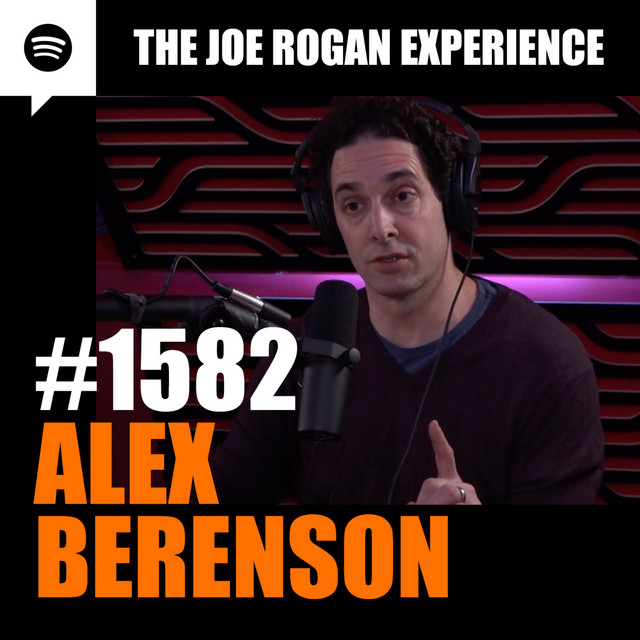Another hack judge invents an anti-vaxx veto on federal power

I have an article coming out next week about how Republican judges are increasingly just flatly ignoring the plain text and purpose of statutes and filling the vacuum with their policy views. We have another one:
On Friday afternoon, U.S. District Court Judge Jeffrey Vincent Brown blocked President Joe Biden’s COVID-19 vaccine mandate for the federal workforce and issued a nationwide injunction ensuring no other district court could revive the policy. At least a dozen other courts have already declined to halt this policy, but Brown decided that they were wrong. His decision rests on several egregious misreadings of the law. Most notably, Brown—a Donald Trump nominee and Federalist Society stalwart—rewrote a major statute to vastly diminish the president’s power over federal employees. In doing so, he has imperiled a broad swath of civil service regulations that have nothing to do with vaccines, including the longstanding ban on drug use outside of the office.
[…]
It was no surprise, then, that Biden relied on Section 7301 in issuing his vaccine mandate for the civil service. But Brown has a radically different interpretation of the statute. He declared that the president may only regulate “workplace conduct” under the law—and getting vaccinated does not qualify. Brown elaborated: “Any broader reading would allow the president to prescribe, or proscribe, certain private behaviors by civilian federal workers outside the context of their employment” he wrote. “Neither the plain language of Section 7301 nor any traditional notion of personal liberty would tolerate such a sweeping grant of power.”
What?Had Brown simply Googled this statute, he would have immediately learned, in fact, this “sweeping grant of power” is exactly what the law provides. Consider the sampling of Section 7301 regulations listed above. Many of them restrict federal employees’ conduct outside the workplace. The gift ban applies on and off the job. So do all the ethics rules. And so, most obviously, does the prohibition on illegal drug use, which is not suspended when a worker clocks out. To the contrary: Federal employers must test their workers for drugs to ensure that they are not using them outside work hours.
By Brown’s logic, all of these requirements are illegal. The chief executive may not lawfully bar his workforce from injecting heroin at home. After all, doing drugs in your own bedroom is certainly not “workplace conduct.” Some lobbying restrictions, too, are illegal if Brown is correct. Current regulations, for instance, forbid former members of the civil service from lobbying certain officials for “the remainder of the administration,” meaning the ban may apply for years after they leave the government. Another directive bars ex-government workers from lobbying their former agency for five years. Any policy that limits a former employees’ conduct does not, by definition, apply in the “workplace.”
Alex Berenson did not, in fact, use a time machine to go back and re-write Section 7301. But when the highest Court in the land keep doing this stuff, why not?


